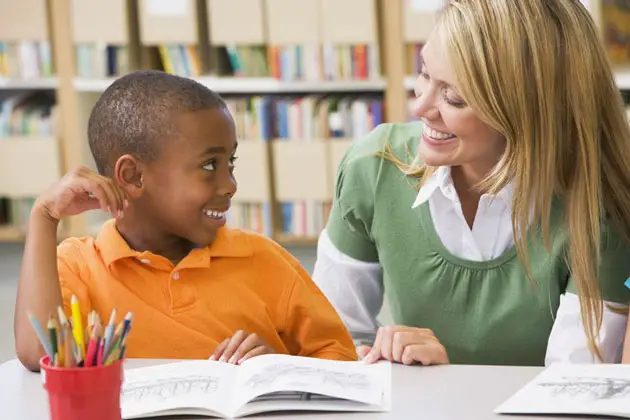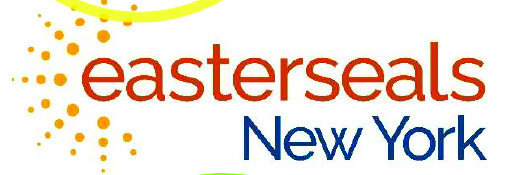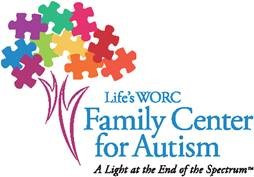Literacy lifts children with Down syndrome socially
Get kid-friendly activities sent to you!
Get the Best Family Activities
In 1979, Sue Buckley, now the director of science and research at Down Syndrome Education International and Down Syndrome Education USA, a leading charity that has been at the forefront of developmental and educational research for children with Down syndrome for more than 30 years, pioneered the research on early reading instruction for children with Down syndrome and found that teaching sight words in preschool helped their overall language and cognitive development.
At GiGi’s Playhouse, Mendelson uses a variety of evidence-based early reading materials for children with Down syndrome to help teach Aedan to read, including “Fast Flash Cards” championed by Natalie Hale, a mother of an adult with Down syndrome, that leverages a child’s strength in visual learning; and research and methods published by Patricia Oelwein in “Teaching Reading to Children with Down Syndrome.”
“Fast Flash Cards” use large type and display text and accompanying illustrations on separate pages to reduce distractions a child with Down syndrome may have if the words and images were placed on the same page.
Similar to “Fast Flash Cards,” Oelwein’s approach leverages a child’s strength in visual learning to help children with Down syndrome to read by matching pictures, selecting words that go with pictures, and then finally naming the words.
“There are educators and specialists who have been doing this since the ’70s. You think about that and you think about how it hasn’t made its way to the general public’s perception—that’s kind of mind-blowing,” Mendelson says. “Children should be inheriting a much different situation, and the Playhouse is really playing a key role
in that.”
Along with opening up doors for imagination, reading also has a social aspect and helps boost self-esteem for all children.
“Literacy is not just a mind skill, it’s a social tool,” Mendelson says. “Aedan got the same high-fives [as his typically developing peers] when he was using his finger and saying ‘I see dog.’ It boosts his self-esteem. He knows this amazing thing is happening…. I hope he’s inspired to read novels and poetry.”
Want to get involved? Here's a list of local organizations that provide support to children and adults with Down syndrome.







